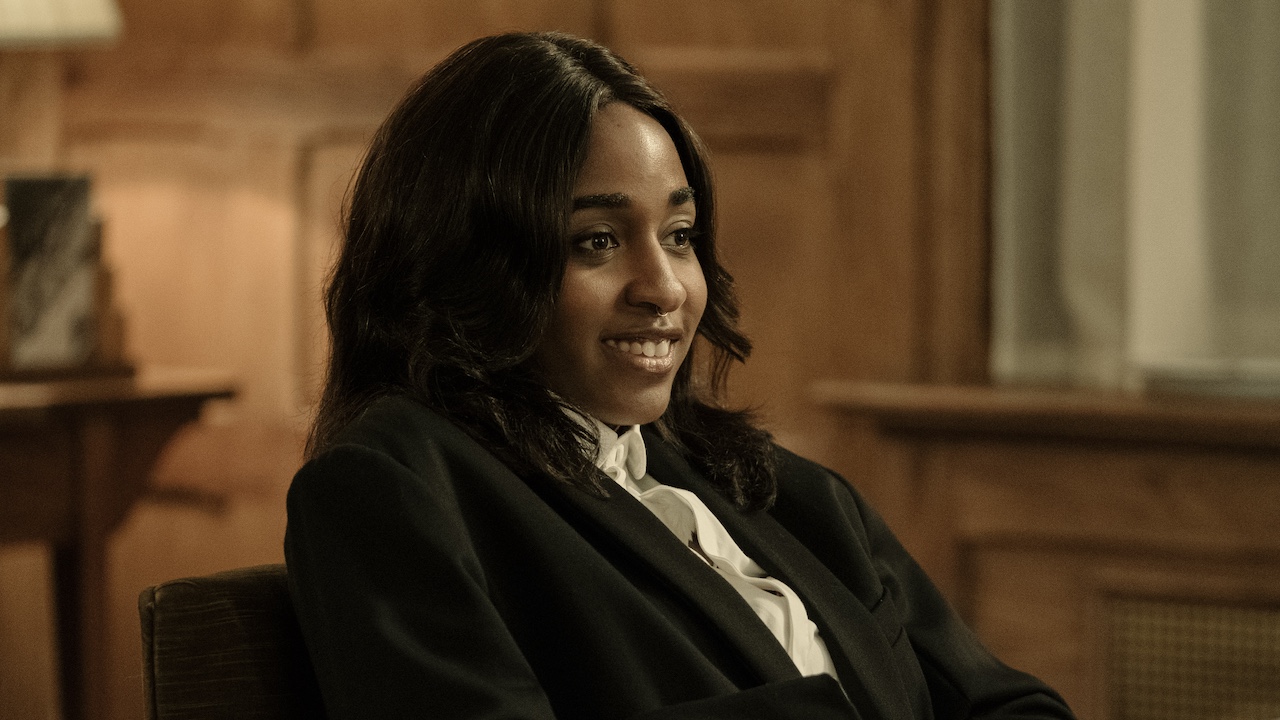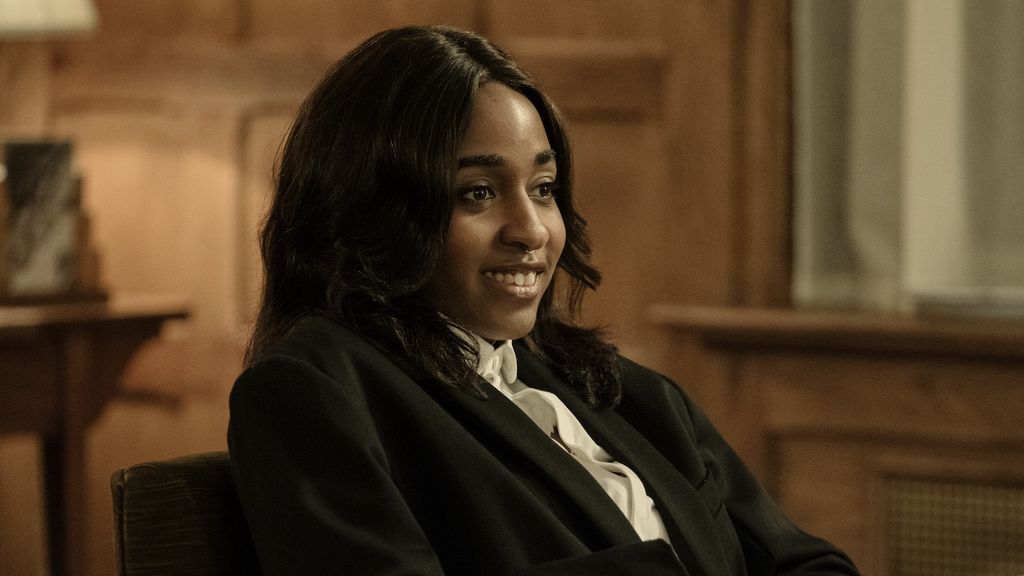When After The Hunt starts, two philosophy professors and one of their students walk out of a party. The punchline? It comes, but not until after the story slowly descends into a very long, dark pit before sign of it reaching its destination flatly echoes. There’s an intriguing intention in Luca Guadagnino’s latest feature film to discuss power dynamics in many of its forms in the academic setting of Yale University. It thrives on not giving you easy answers, but more significantly, it leaves you with little to no intellectual questions to raise.
After The Hunt

Release Date: October 10, 2025
Directed By: Luca Guadagnino
Written By: Nora Garrett
Starring: Julia Roberts, Ayo Edebiri, Andrew Garfield, Michael Stuhlbarg, Chloë Sevigny
Rating: R for language and some sexual content
Runtime: 139 minutes
After The Hunt comes from a debut feature script by Nora Garrett, who previously had credits as an actress, personal assistant to stars like Rosamund Pike and Natasha Lyonne, and as a data analyst. The story catching the eye of director Luca Guadagnino is a compliment in of itself, considering the Italian filmmaker has made some of the most head-turning movies of the past decade – including Oscar darling Call Me By Your Name, the stylish Suspiria remake, the devastatingly haunting Bones And All, last year’s electric love triangle epic Challengers, and the Daniel Craig-led vulnerability of Queer.
Julia Roberts and Andrew Garfield play Yale philosophy professors Alma Olsson and Hank Gibson, who know they are both up for tenure. After one of Alma’s parties, we learn from Ayo Edebiri’s Maggie, one of Alma’s students, that Hank offered to walk her home, and according to the allegations she later brings to Alma’s attention, he apparently sexually harassed her. This incident puts Alma in an uncomfortable position between her star pupil and Hank, who has been a close friend for years.
The narrative is told mainly from Alma’s perspective, making it just as difficult for the audience to surmise who she should trust and advocate for and who she shouldn’t. All the while, there’s a peculiarity to Maggie and her motivations… but in a sticky, untenable way. She’s a queer woman who is seen often trying to mirror Alma’s sense of style, right down to her signature black nail polish. She’s also seen digging deeply into her personal life early on, starting with the lowest shelves in her teacher’s bathroom.
Roberts, Garfield and Edebiri rise to the occasion, each of them playing a bit against type from roles with which we usually associate them. But “the hunt” the title draws you into is pretty much nonexistent. It’s thrilling to a point, until you realize the corners the story is running you into are uninteresting ones that not only don’t feel properly fleshed out but come up largely pointless. It lacks a true perspective on the issue of power dynamics or cancel culture, and then it lands on a middle ground by handing it over to the audience to decide whether it’s fooled you into thinking that it’s more heady than it is with whatever conclusions you may draw. It’s troubling in a time when those are solid topics to have popular media address and instigate further discussion.
Luca Guadagnino delivers on another well-directed film, but it’s one of his weaker movies in recent years.
Despite this, there is a centerpiece to After The Hunt, and it’s the characterization of Julia Roberts’ Alma. She’s a woman who seems to have lived her life steeped in ambition but is haunted by perpetual misery anyway. She’s been long married to her psychiatrist husband, Frederik (Michael Stuhlbarg), who’s become someone she takes for granted, as she ignores his invitations for nice dinners in, to have drinks with her colleagues near the campus. By her side, Stuhlbarg is a secret weapon of the movie, as he beautifully crafts their complicated marriage in a few standout scenes and tired glances.
Alma is a woman who has an enigmatic element to her that is barely solved later in the film. No matter: Roberts is absolutely incredible in the role and holds together some of the missing pieces of the storyline by doing what she does best – being so likable and grounded as a performer.
The saving grace of After The Hunt is the complex arc of Julia Roberts’ character.
Despite the disappointment of the movie as a whole, the director pours you right into Alma’s world of opulence and prestige academia, with first-time collaboration with cinematographer Malik Hassan Sayeed being an added highlight. They are match made so well, it’s no wonder they’re working together again on his next film, Artificial. There’s an bougieness to the setting and characters at the center that feels like a daydream away from what’s the typical college experience. Composers Trent Reznor and Atticus Ross, who chose a rave-soaked soundtrack for Challengers, once again bring a beating heart to one of Guadagnino’s movies with a more classical score that sometimes drones into the sound to blaring tick-tocks on a clock.
Guadagnino’s style as a filmmaker is undeniable at this point, but since the substance is wanting, it’s just not as effective as his other work. There’s a hold on gorgeously thrilling framing and aesthetic intensity, but without there being room for the audience to feel the important catharsis we want to complete the stress cycle of a film like this, After The Hunt feels like a stomach-ache that comes and then goes without answers or consequence. And doesn’t leave a lot with you outside of stylish visuals and frustration.

